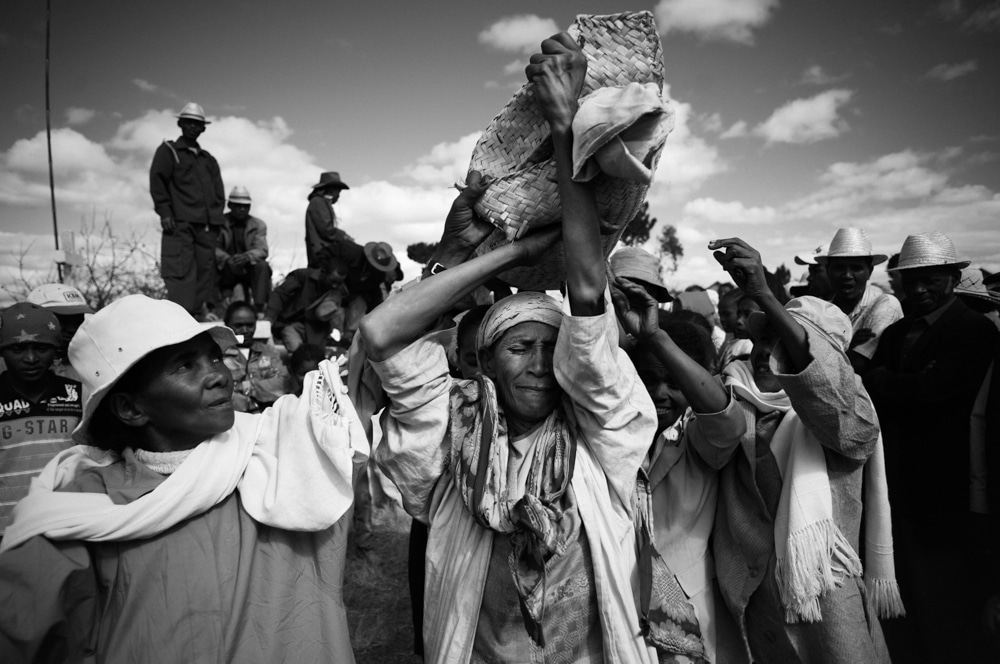At the crossroads of different cultures, the ancestral cult of Madagascar is imbued with unique traditional practices, such as exhumation. Every year, from July to September, this ritual ceremony takes place on the island, offering a deep connection with the ancestors and a symbolic renewal. The Highlands, with their cold season oscillating between 0 and 20 degrees, serve as a framework for these ancestral rituals, marking the start of the rice season, the end of the harvest and the return of workers to their lands, thus announcing a prosperous period conducive to festivities .
The exhumation has a deep meaning, where the peasants of the Highlands seek the blessings of the “Nature” and ancestors for the new agricultural season. The ancestral cult of Madagascar perpetuates the pact between the living and the deceased, where the living watch over the eternal home of their ancestors. The exhumation process requires careful preparation, including significant expenses. Families strive to celebrate this event with pomp, hiring local music groups, offering food and drinks to guests, sometimes beyond the village limits. These festivities entail considerable expenses, sometimes pushing peasant families to go into debt or to sell land and rice fields to conform to this culture of “do better than the neighbor” anchored in the cold lands of the center of the island.
The auspicious date for the celebration is determined in collaboration with a diviner, thereby welcoming guests to feed and entertain them. The opening of the tomb is a solemn moment, accompanied by precious gifts such as meat, money or shrouds. The bodies of the ancestors are carefully cleaned and dressed in new clothes (shrouds), before being brought back to the village for a night of festivities. During this occasion, memories of moments shared with the ancestor are evoked, and a last meal is shared with all the guests. At sunset, the ancestors are accompanied to their stone dwelling, thus closing this festival which reestablishes the links of memory and belonging to a family and a common origin. Although some may perceive this rite as barbaric and morbid, it remains deeply anchored in the hearts of the Malagasy people, who, even in urban areas, willingly participate in these ceremonies from another era. THE “Betrayal” embodies a unique cultural identity for this people linked to the ancestral cult of Madagascar, testifying to the wealth and diversity of its traditions.



Comment (0)